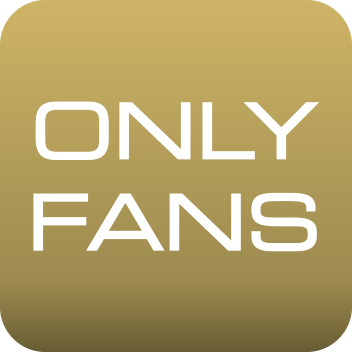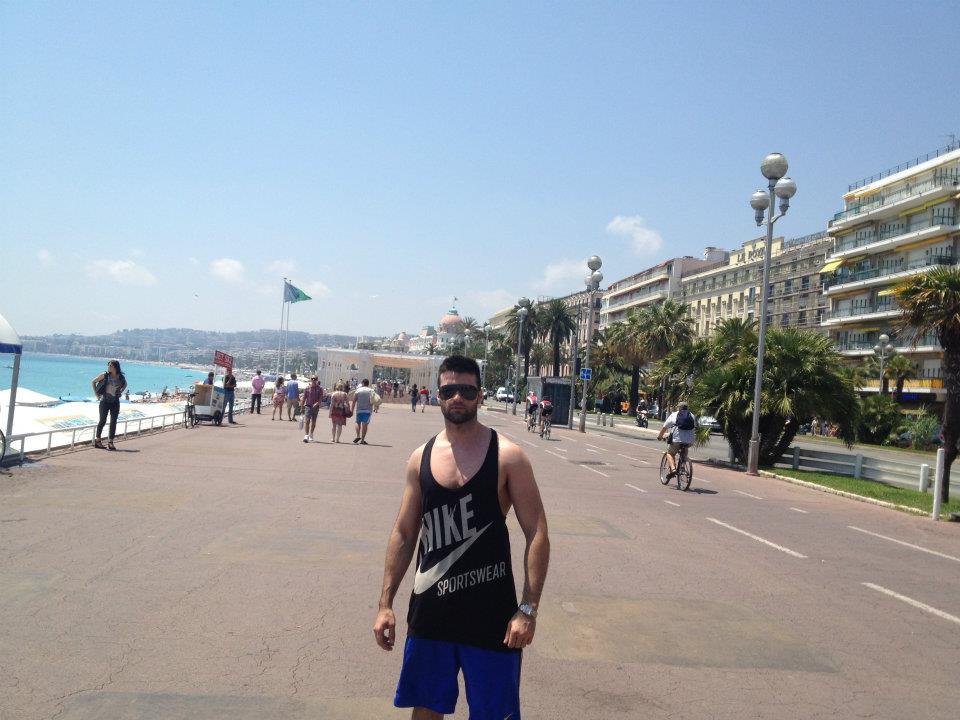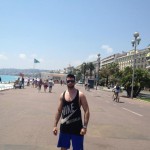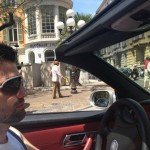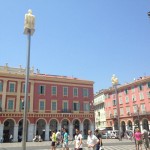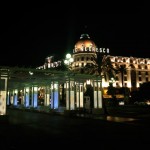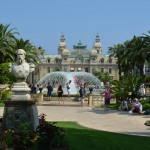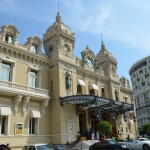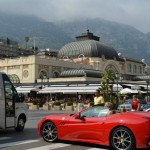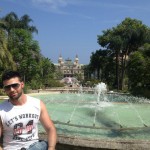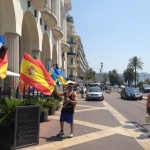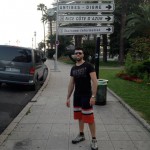Nice is the seat of the Chambre de commerce et d’industrie Nice Côte d’Azur. It manages the Nice – Côte d’Azur Airport and the Cannes – Mandelieu Airport, as well as the Port of Nice. Investors from France and abroad can benefit from the assistance of the Côte d’Azur Economic Development Agency Team Côte d’Azur.
Among tourists, Nice is the second most popular French city after Paris, a fact which, combined with the difficulties of land travel at long distance (partly because of the Alps), allows it to have the second busiest airport in France in terms of passenger numbers (close to 10,000,000 passengers in 2005).
Nice has one conference centre: the Palais des Congrès Acropolis. The city also has several business parks, including l’Arenas, Nice the Plain, Nice Méridia, Saint Isidore, and the Northern Forum.
In addition, the city features several shopping centres such as Nicetoile, Nice TNL, Nice Lingostière, Northern Forum, St-Isidore, the Trinity (around the Auchan hypermarket) and Cap3000 in Saint-Laurent-du-Var.
Sophia Antipolis is a technology park northwest of Antibes. Much of the park is within the commune of Valbonne. Established between 1970 and 1984, it primarily houses companies in the fields of computing, electronics, pharmacology and biotechnology. Several institutions of higher learning are also located here, along with the European headquarters of W3C. The park is named after Sophie Glikman-Toumarkine, the wife of French Senator Pierre Laffitte, founder of the park, and incidentally, Sophia, the goddess of wisdom. The second half of the park’s name is derived from Antipolis, the ancient Greek name of Antibes.
MONACO
One of Monaco’s main sources of income is tourism. Each year many are attracted to its casino and pleasant climate. Monaco’s own citizens are not allowed to gamble in the casino.[107] In 2001, a major new construction project extended the pier used by cruise ships in the main harbour. The principality has successfully sought to diversify into services and small, high-value-added, non-polluting industries, such as cosmetics and biothermics.
The state retains monopolies in numerous sectors, including tobacco and the postal service. The telephone network (Monaco Telecom) used to be fully owned by the state; it now owns only 45%, while the remaining 55% is owned by both Cable & Wireless Communications (49%) and Compagnie Monégasque de Banque (6%). It is still, however, a monopoly. Living standards are high, roughly comparable to those in prosperous French metropolitan areas.[108]
Monaco is not a member of the European Union. However, it is very closely linked via a customs union with France, and as such, its currency is the same as that of France, the euro. Before 2002, Monaco minted its own coins, the Monegasque franc. Monaco has acquired the right to mint euro coins with Monegasque designs on its national side.

